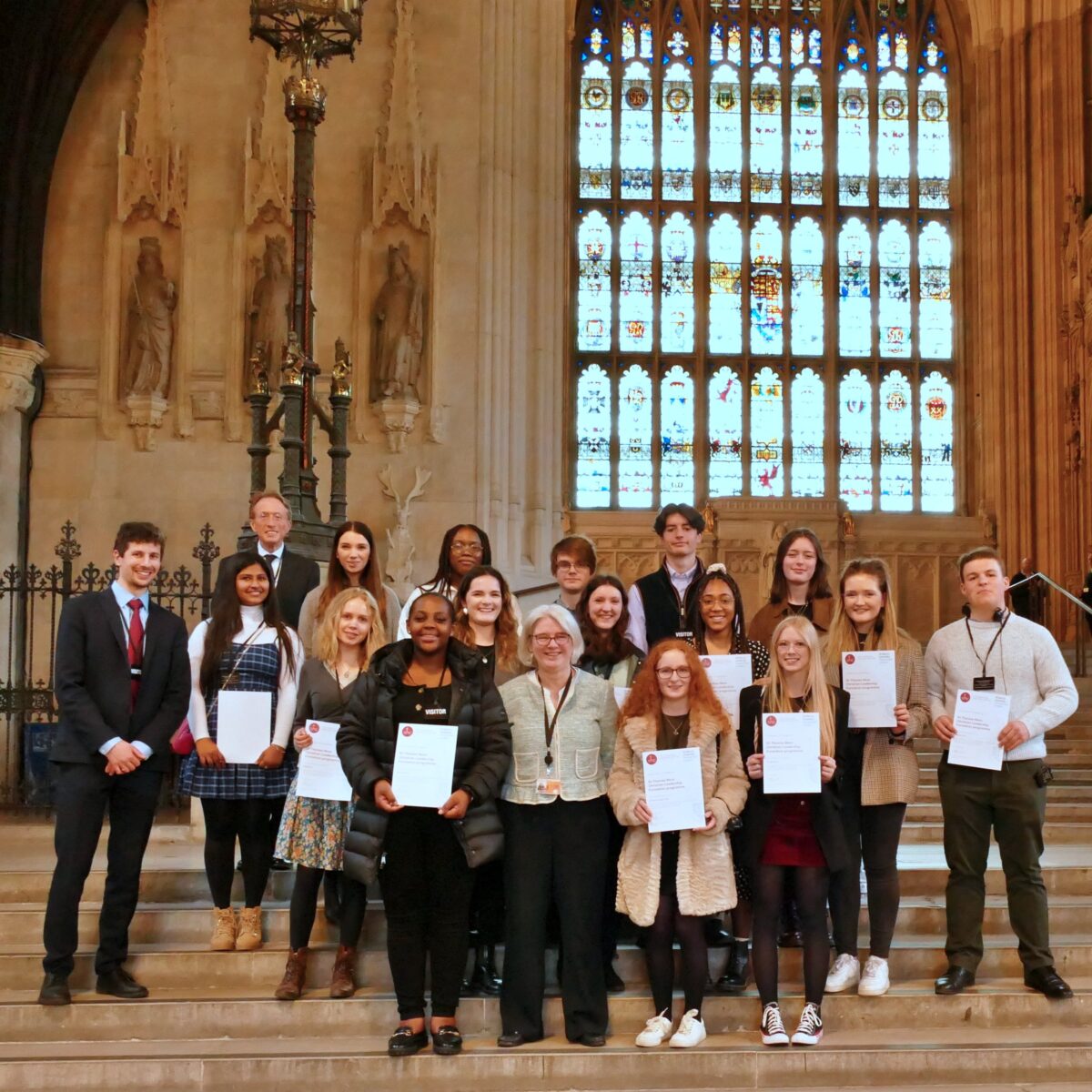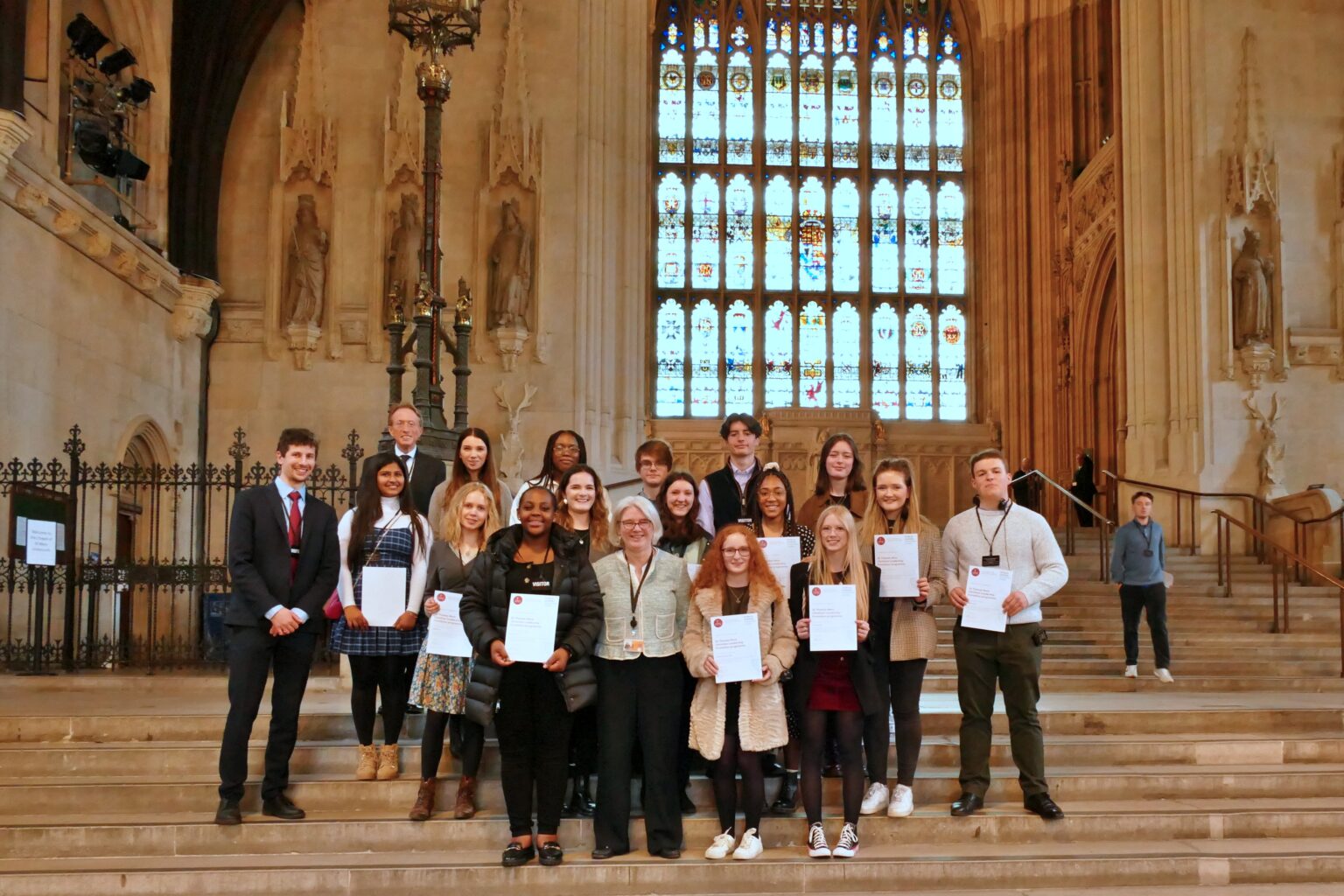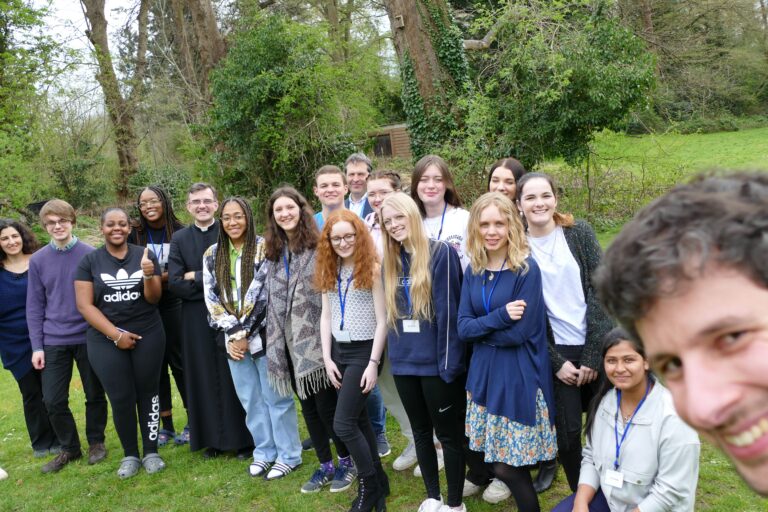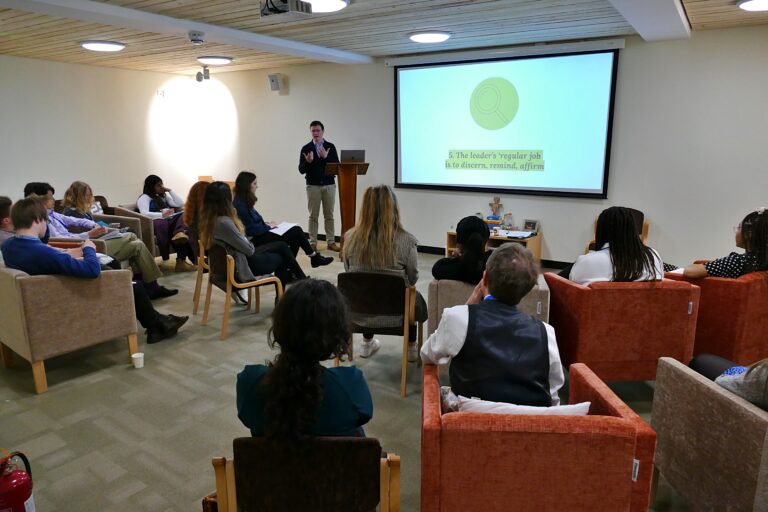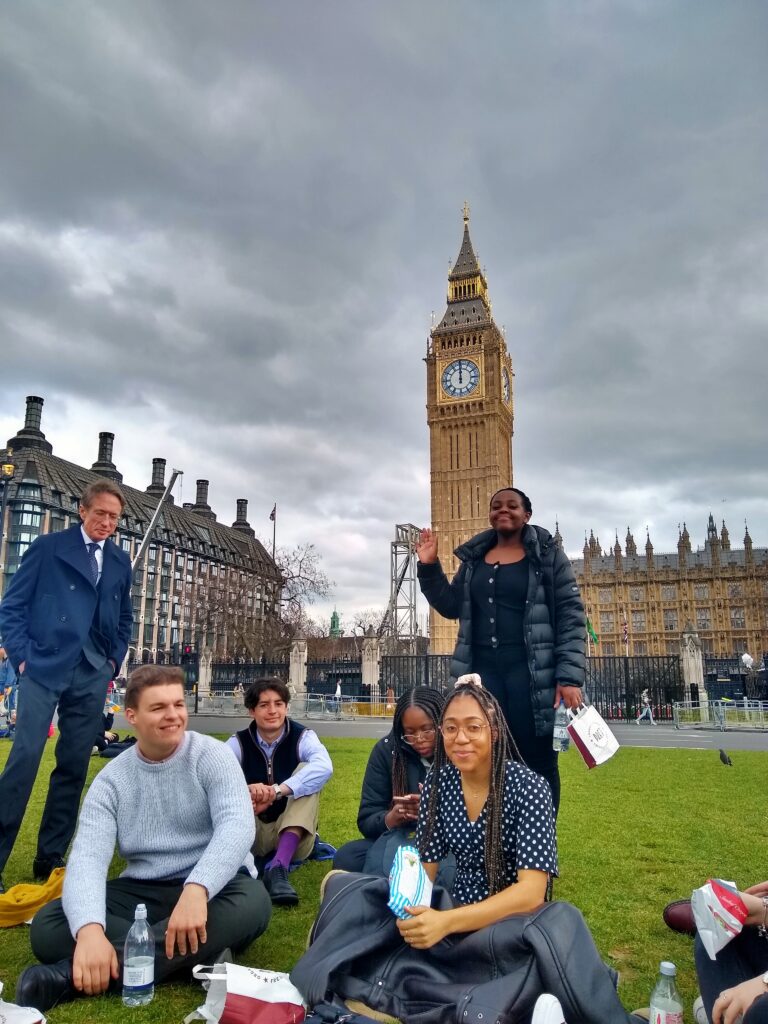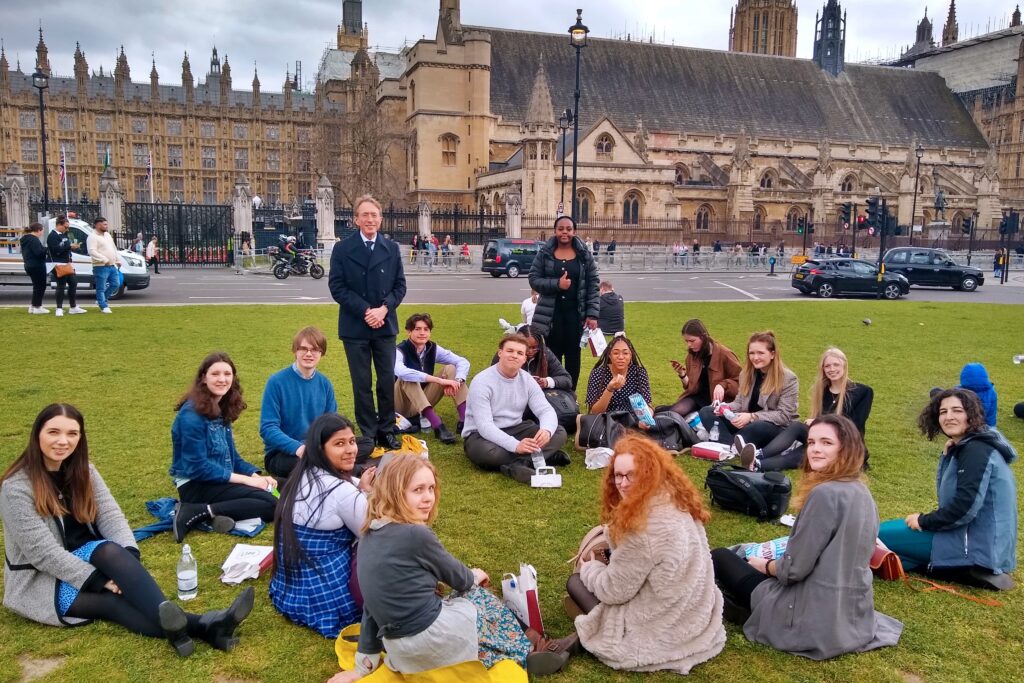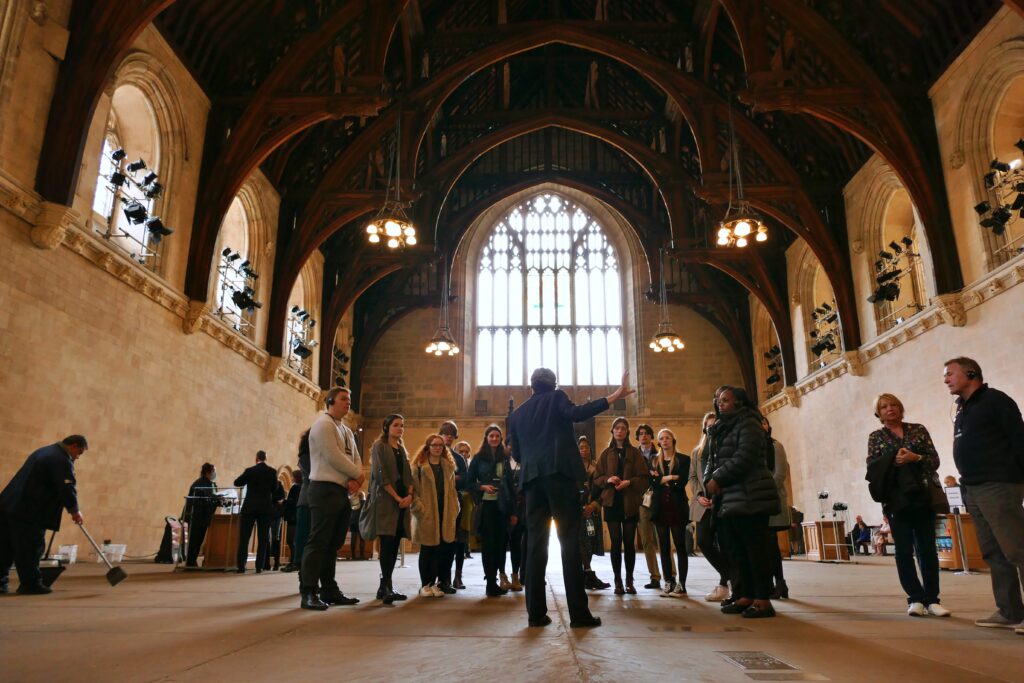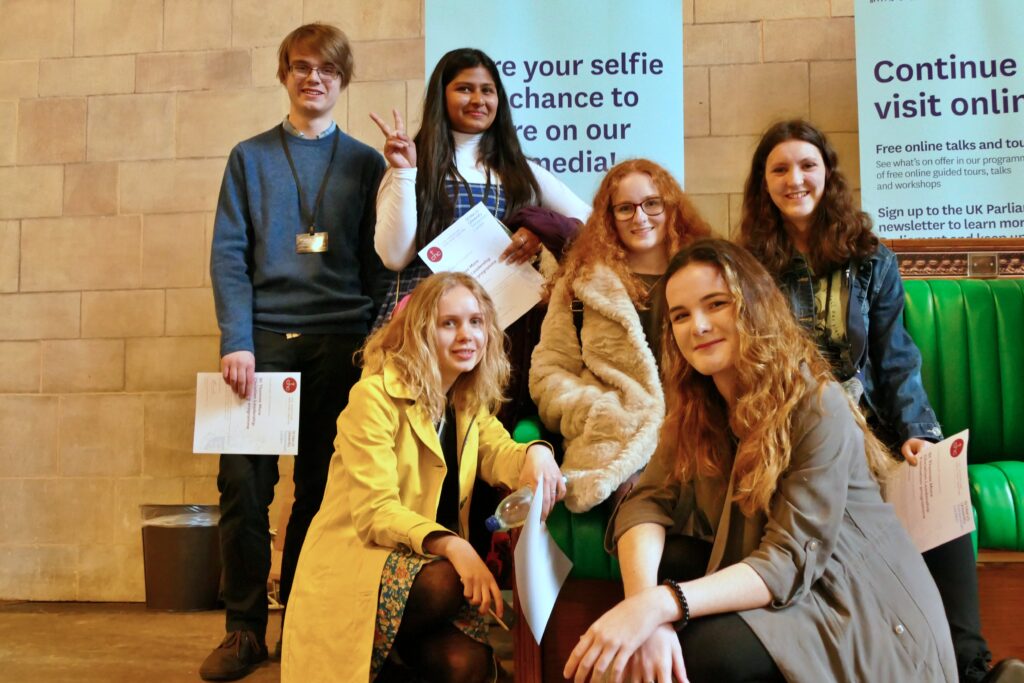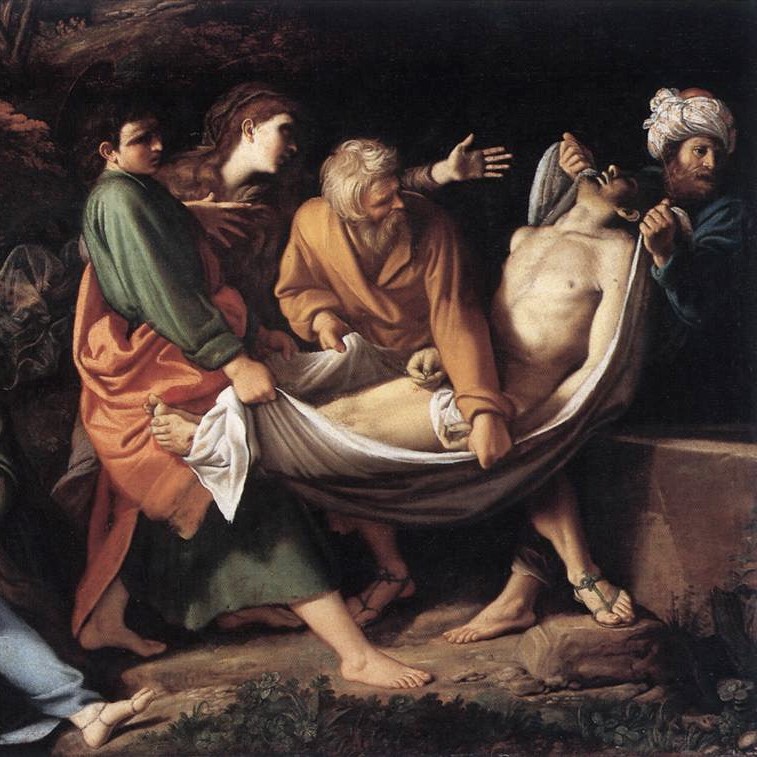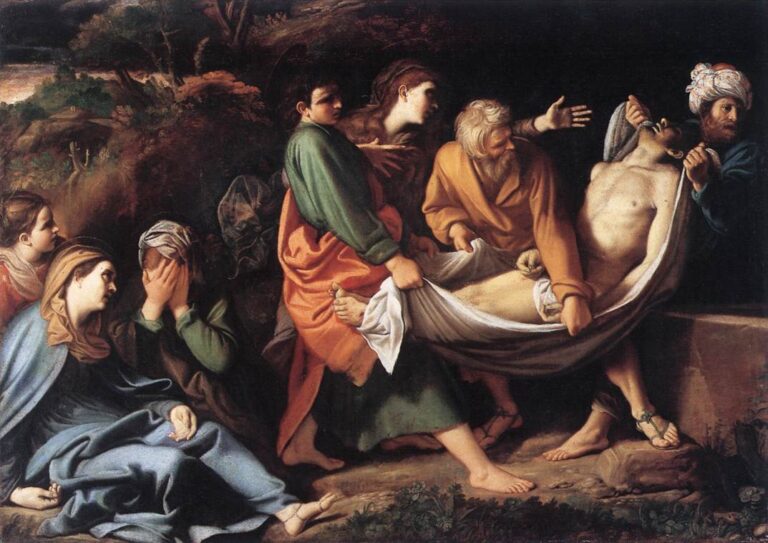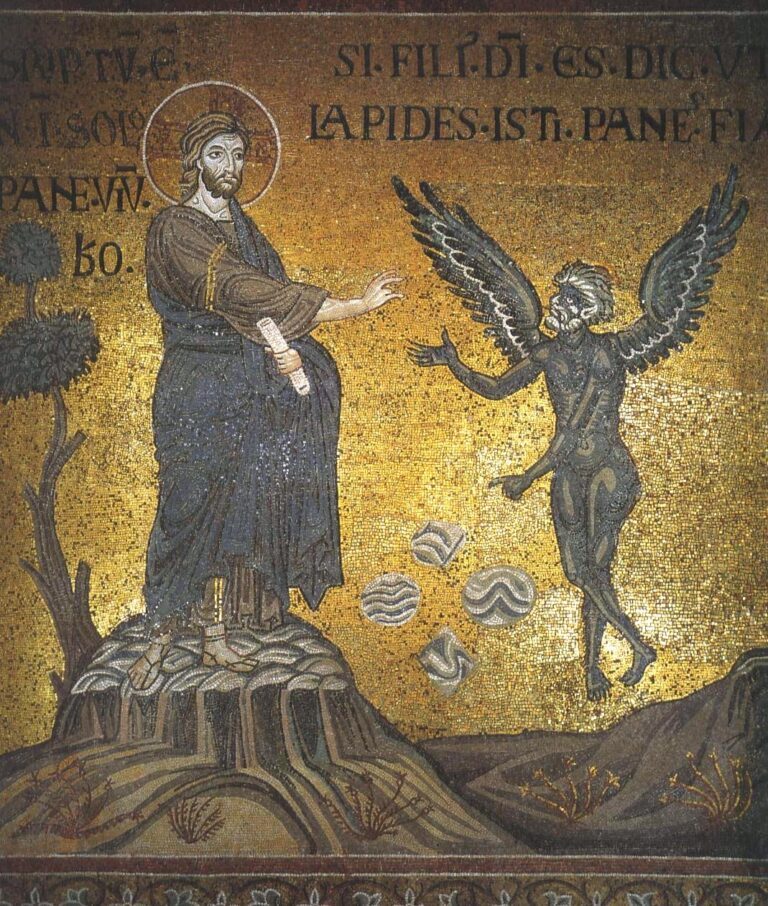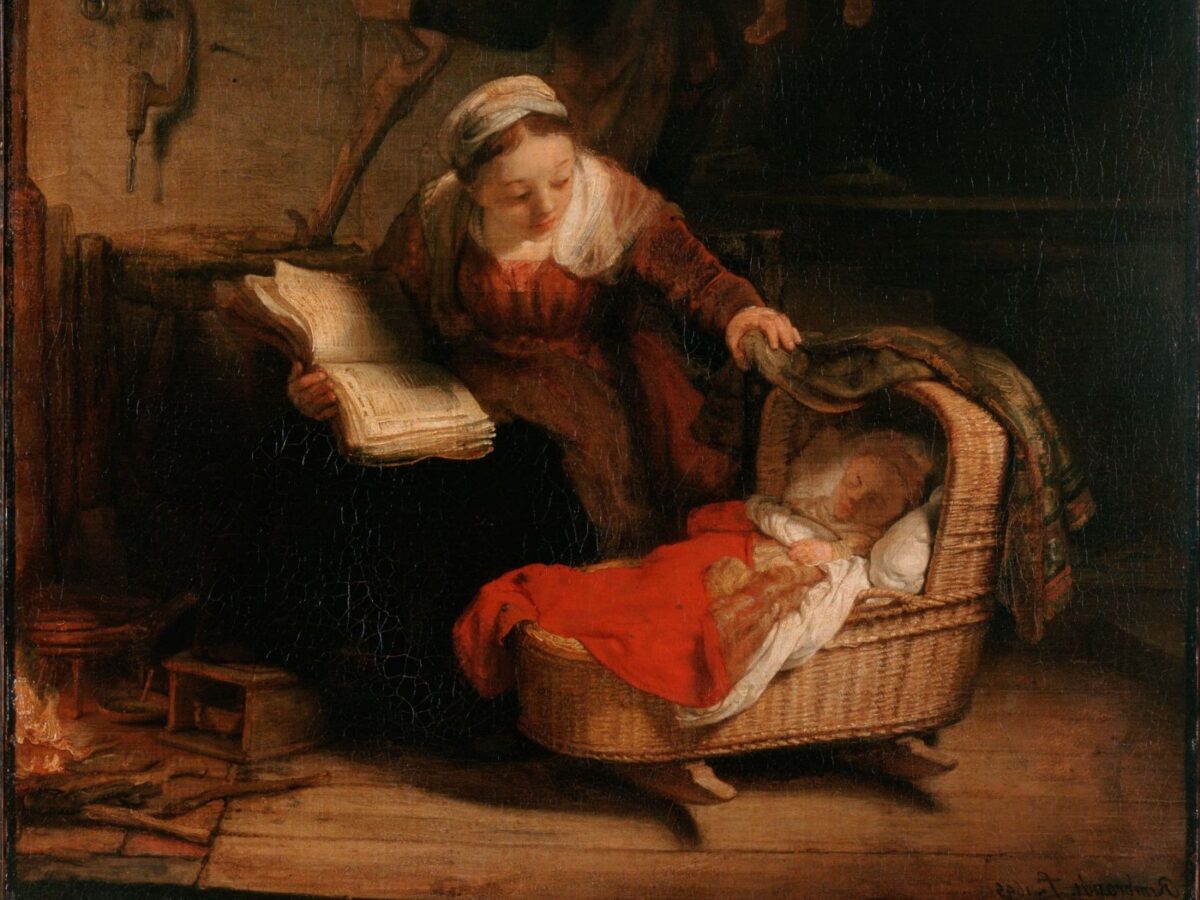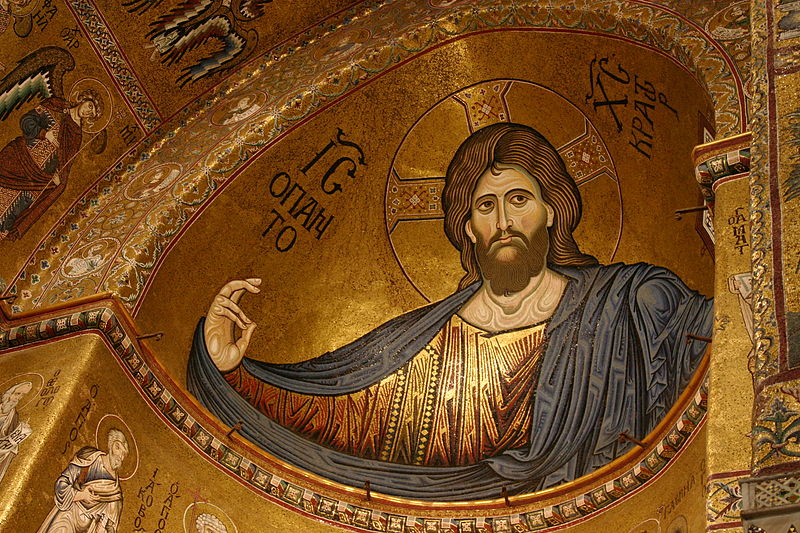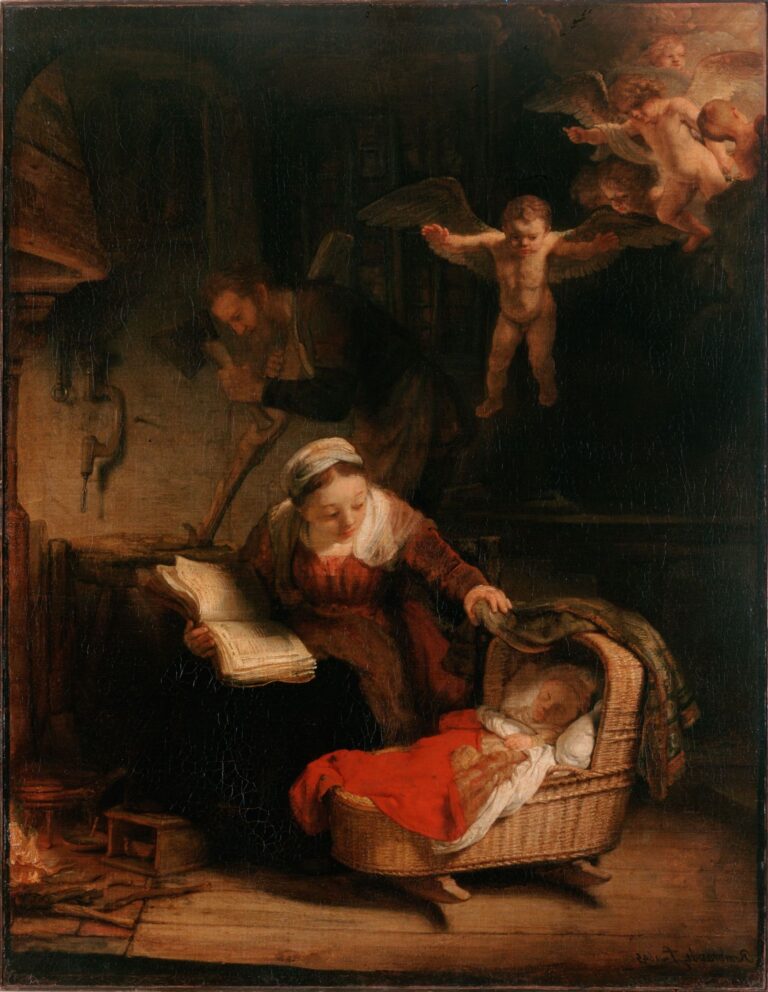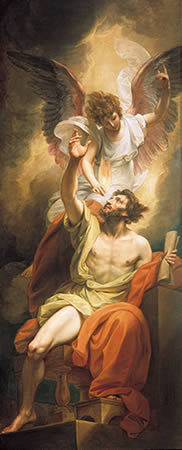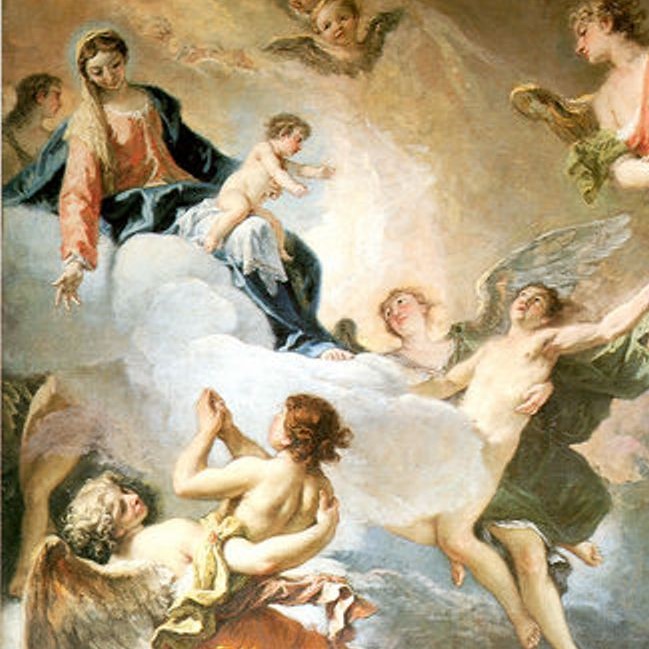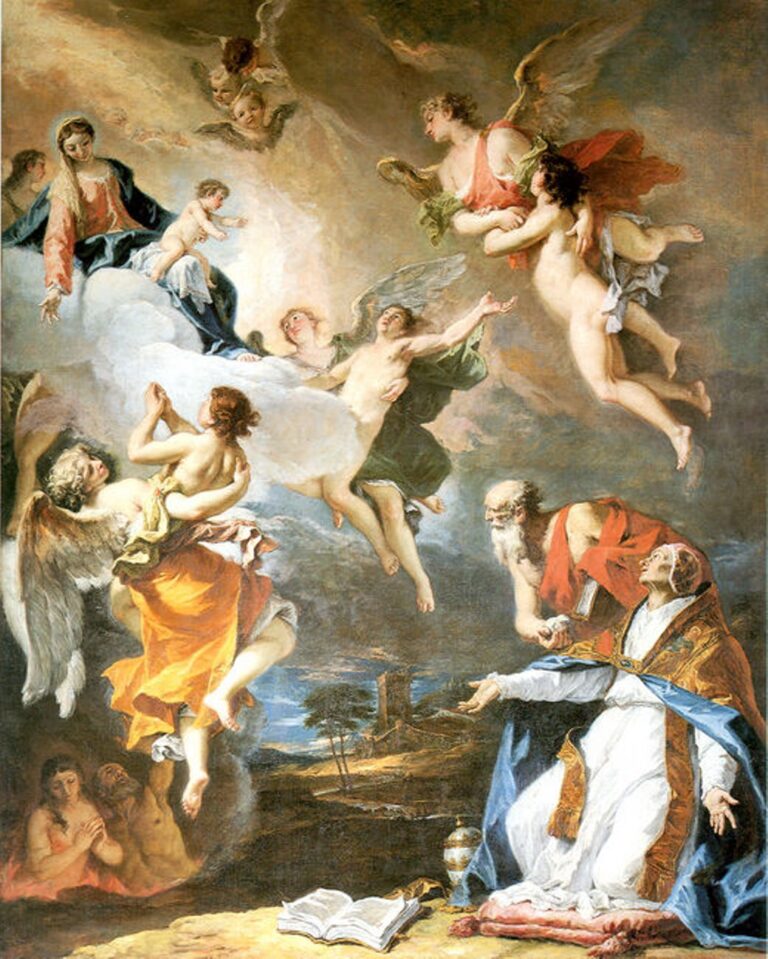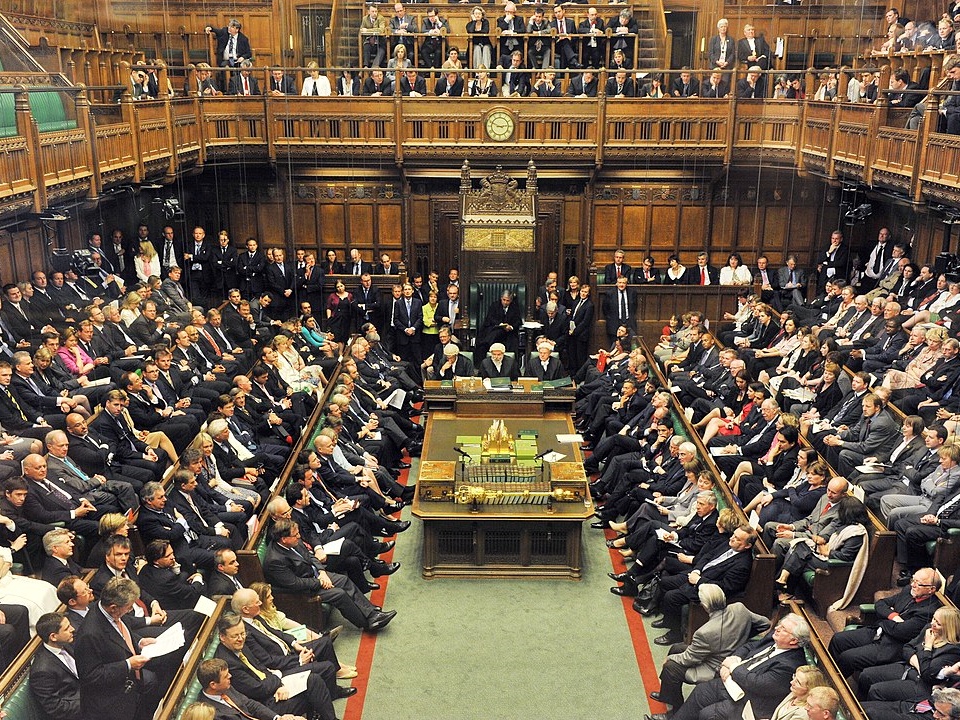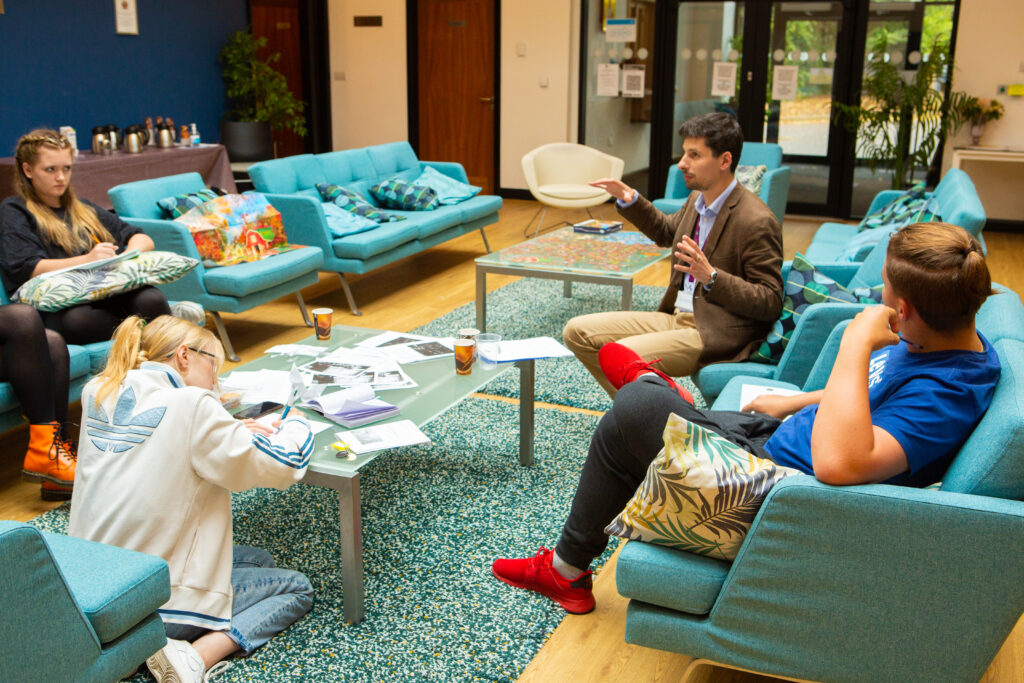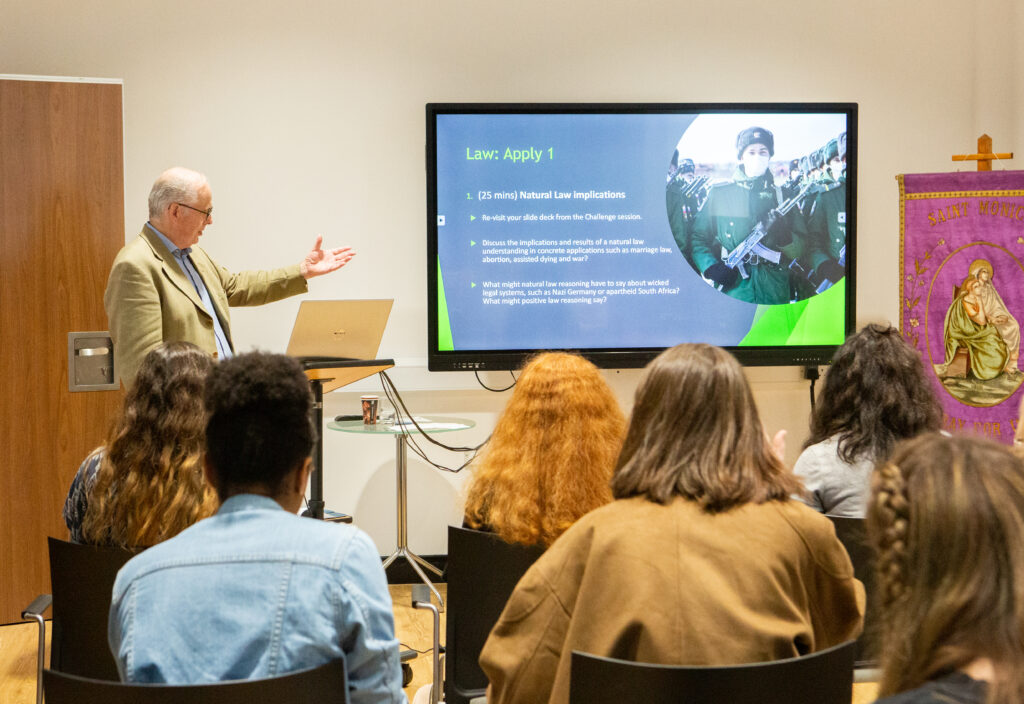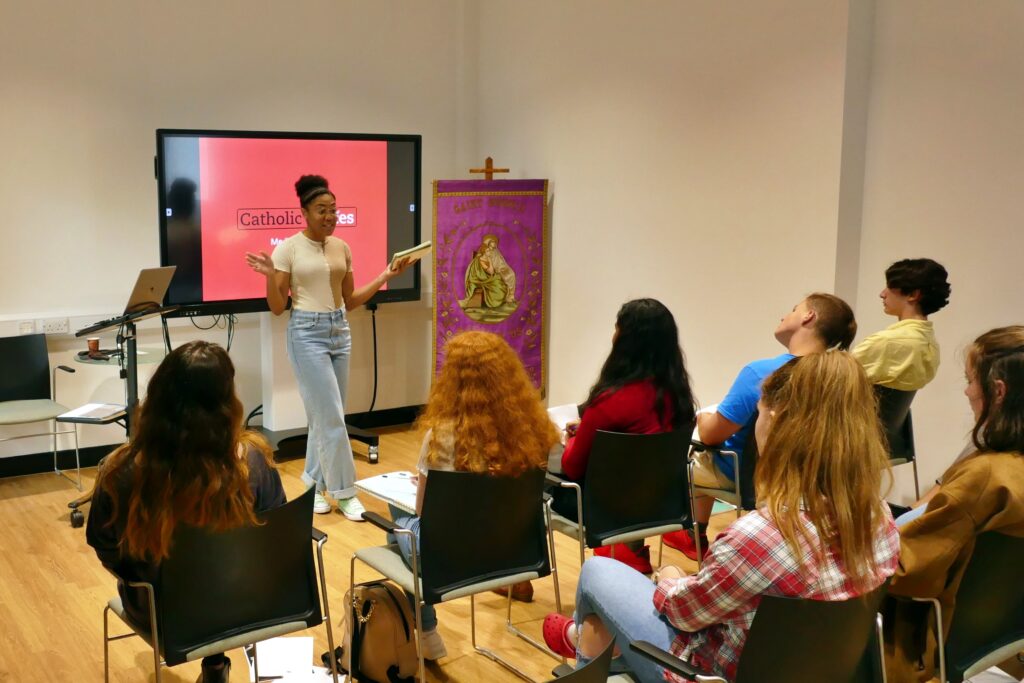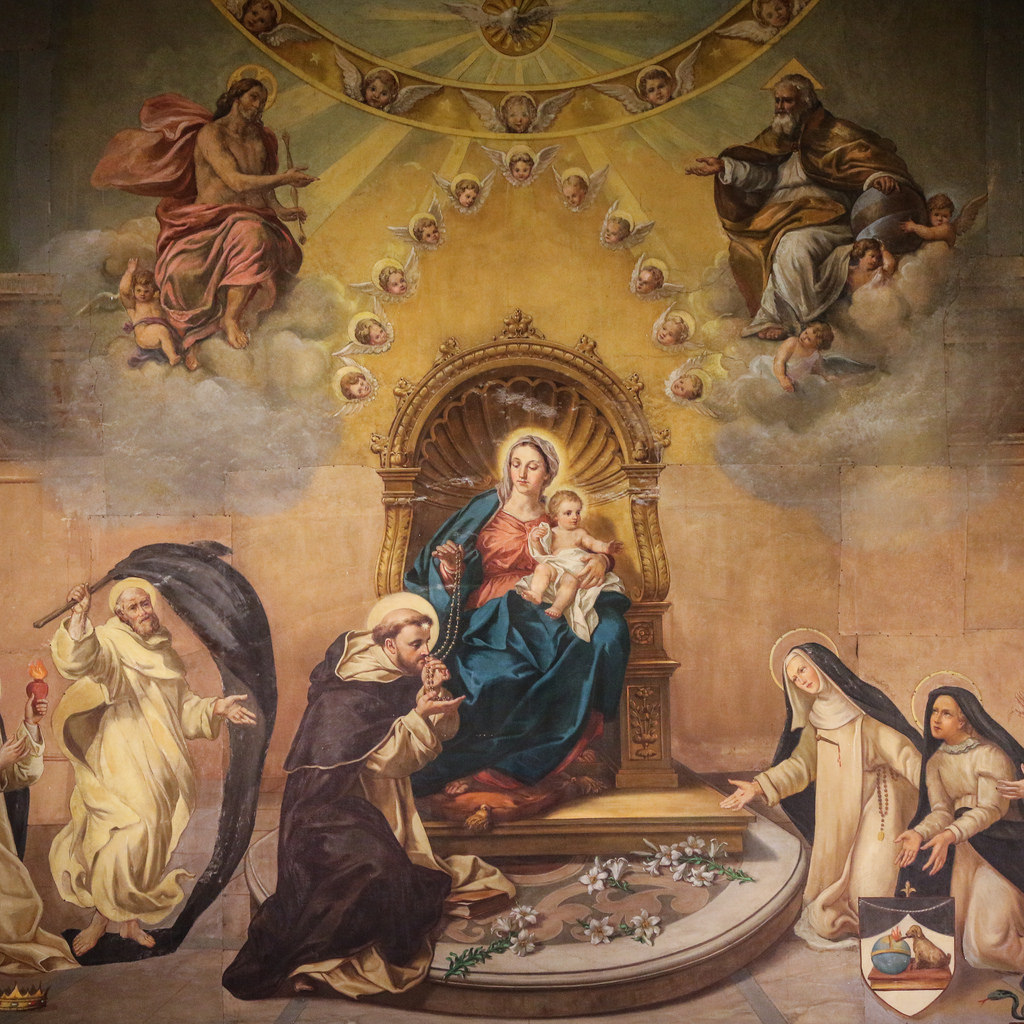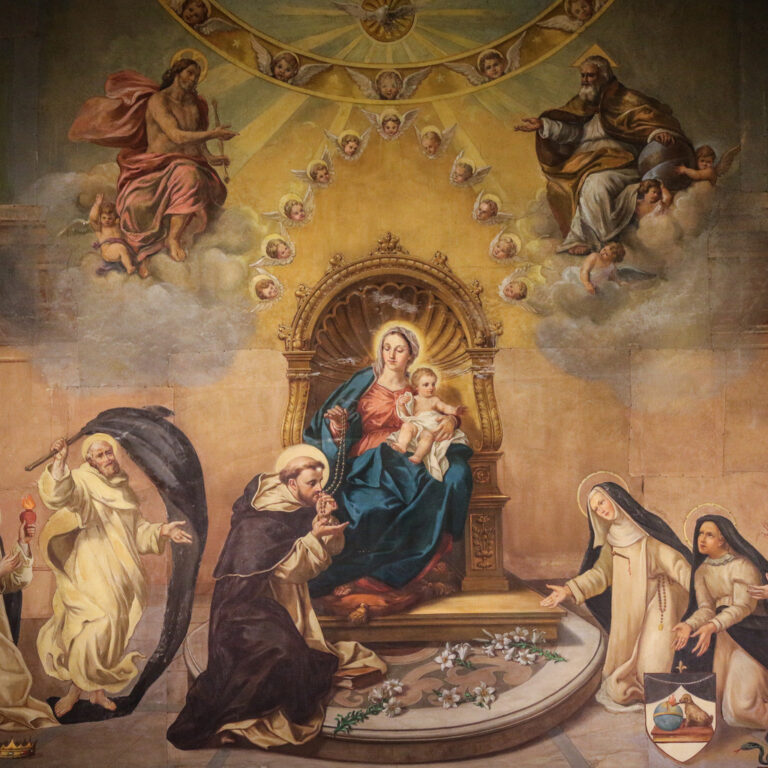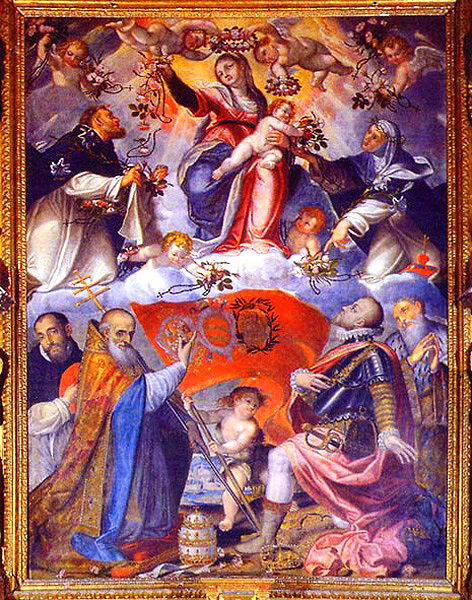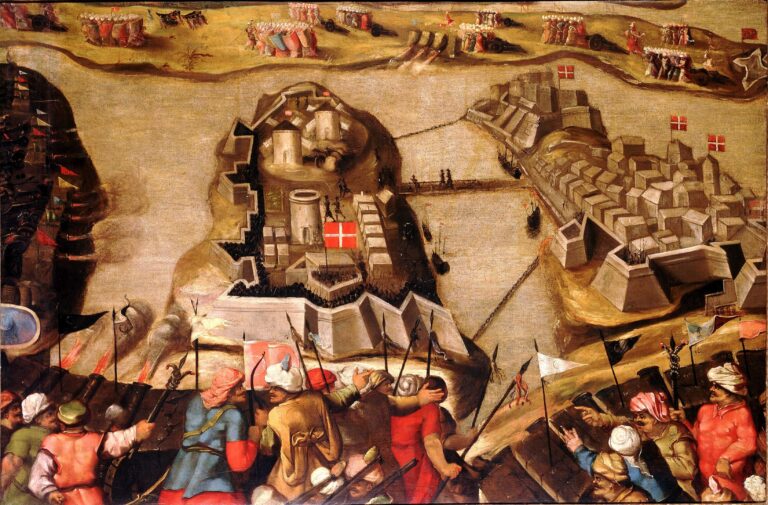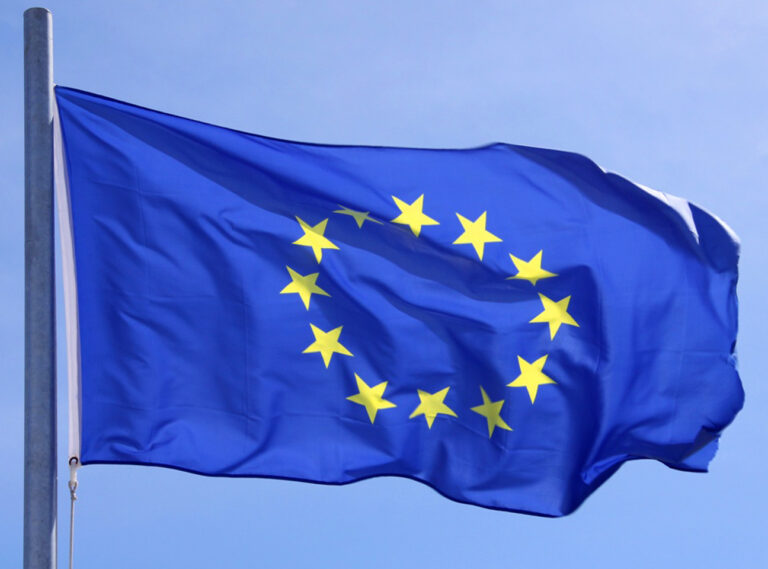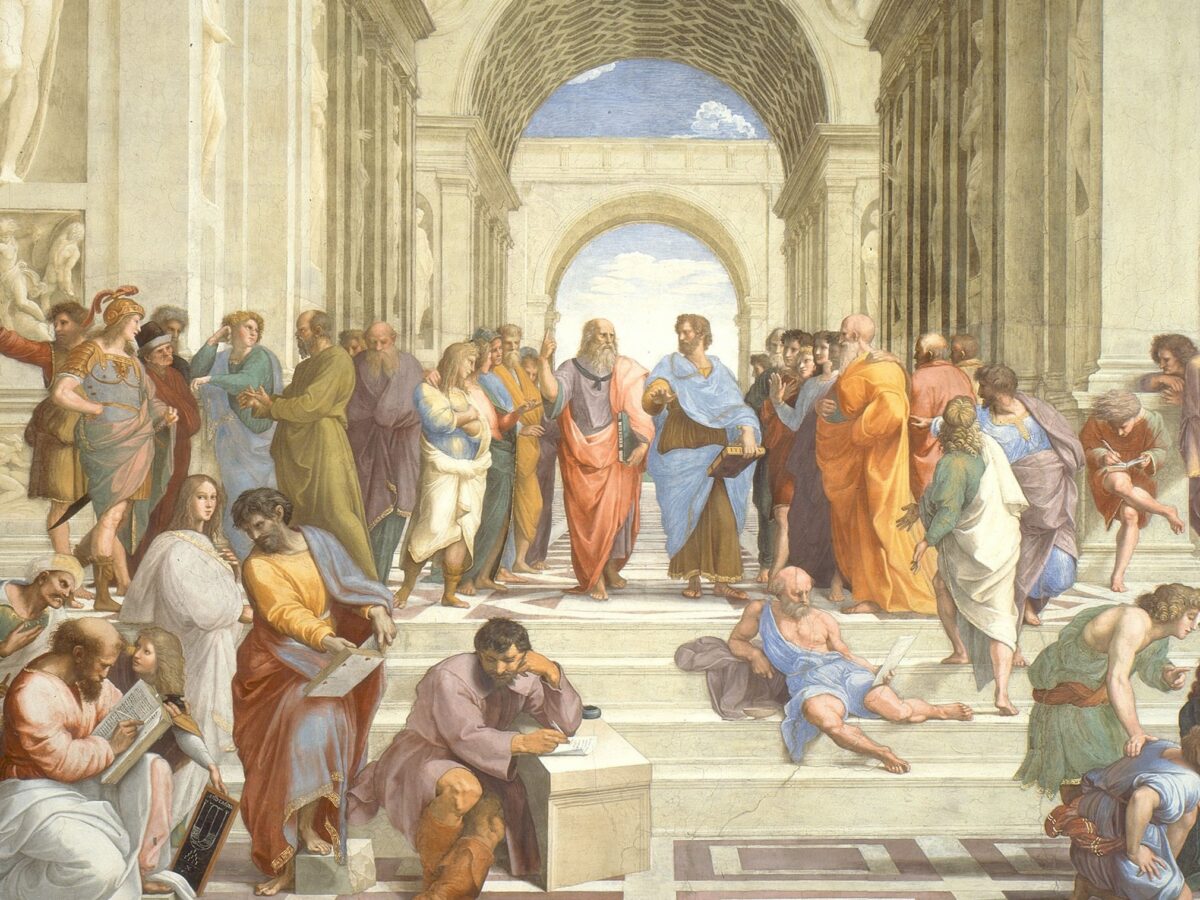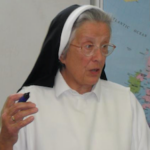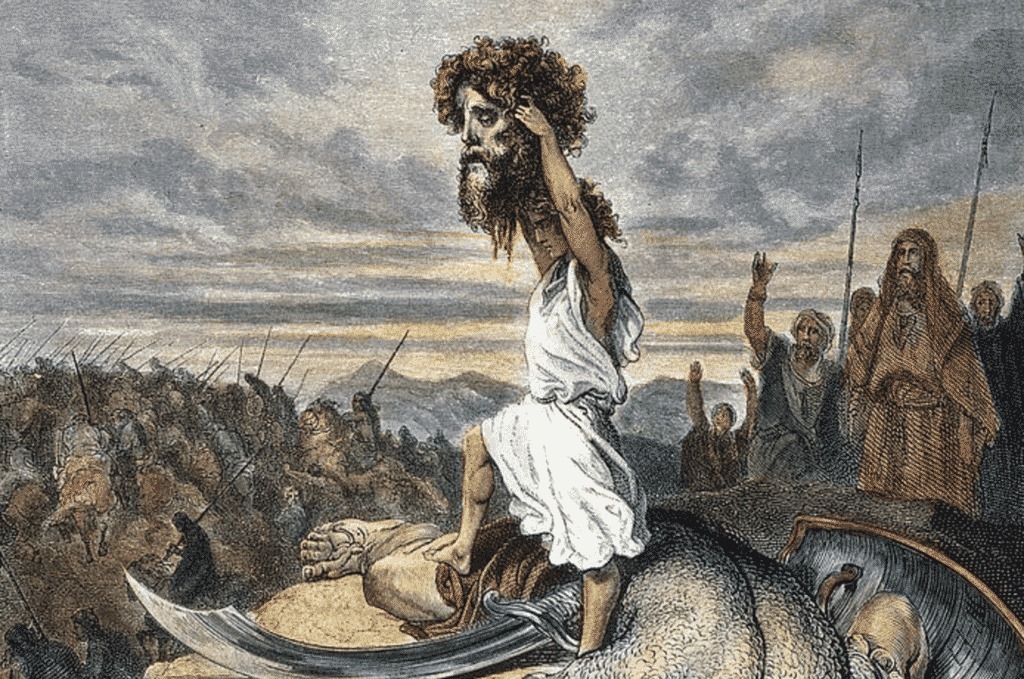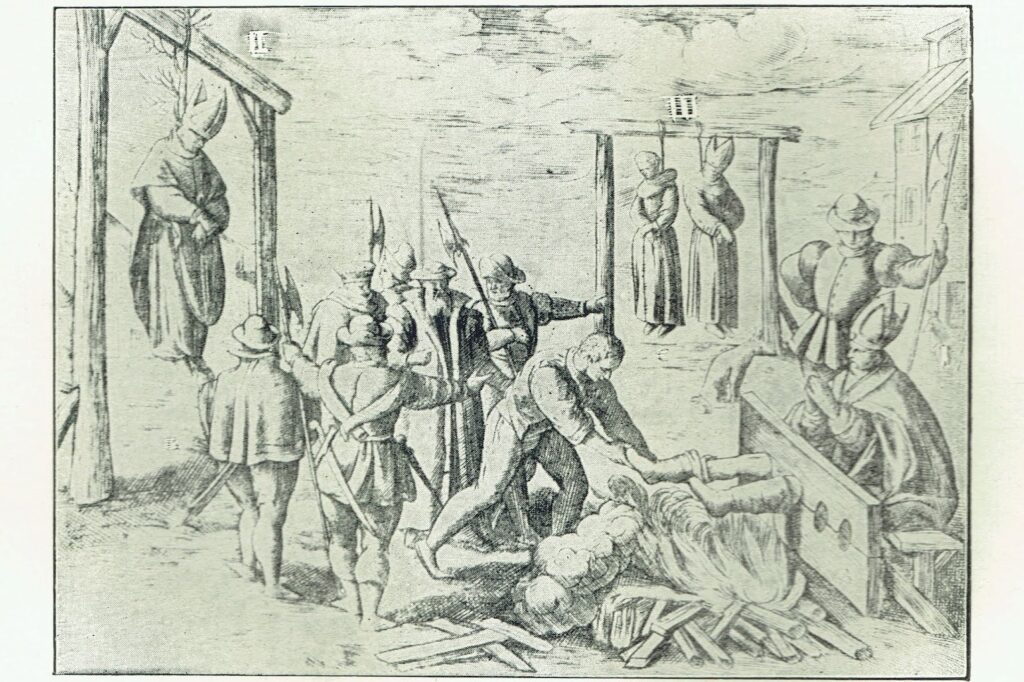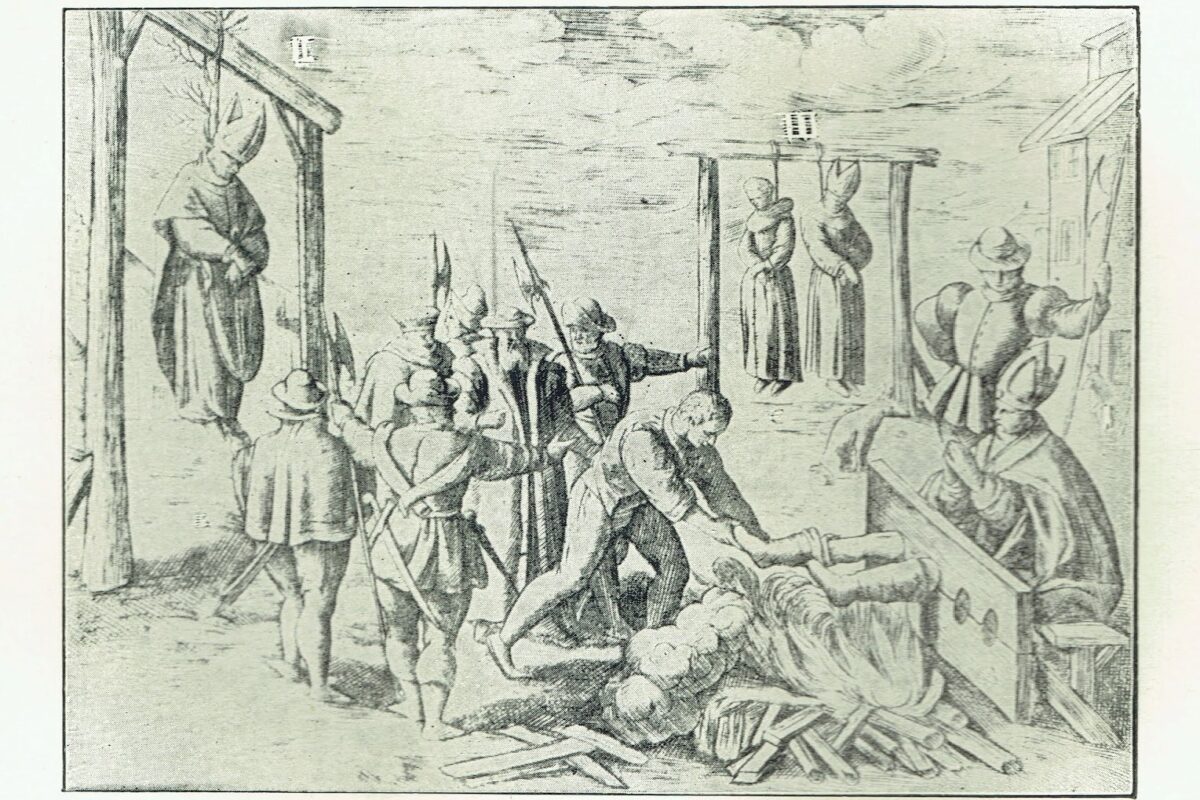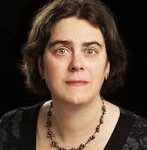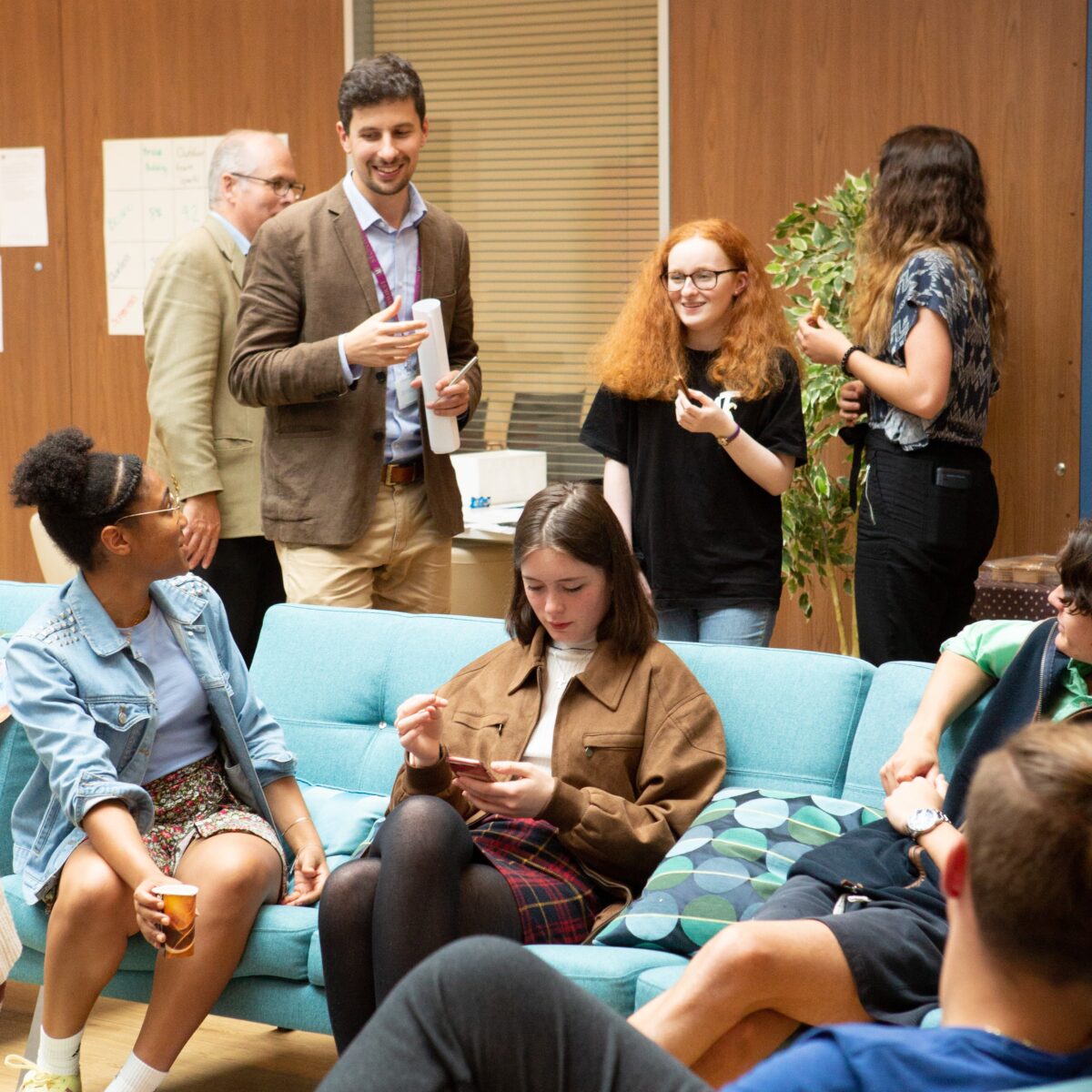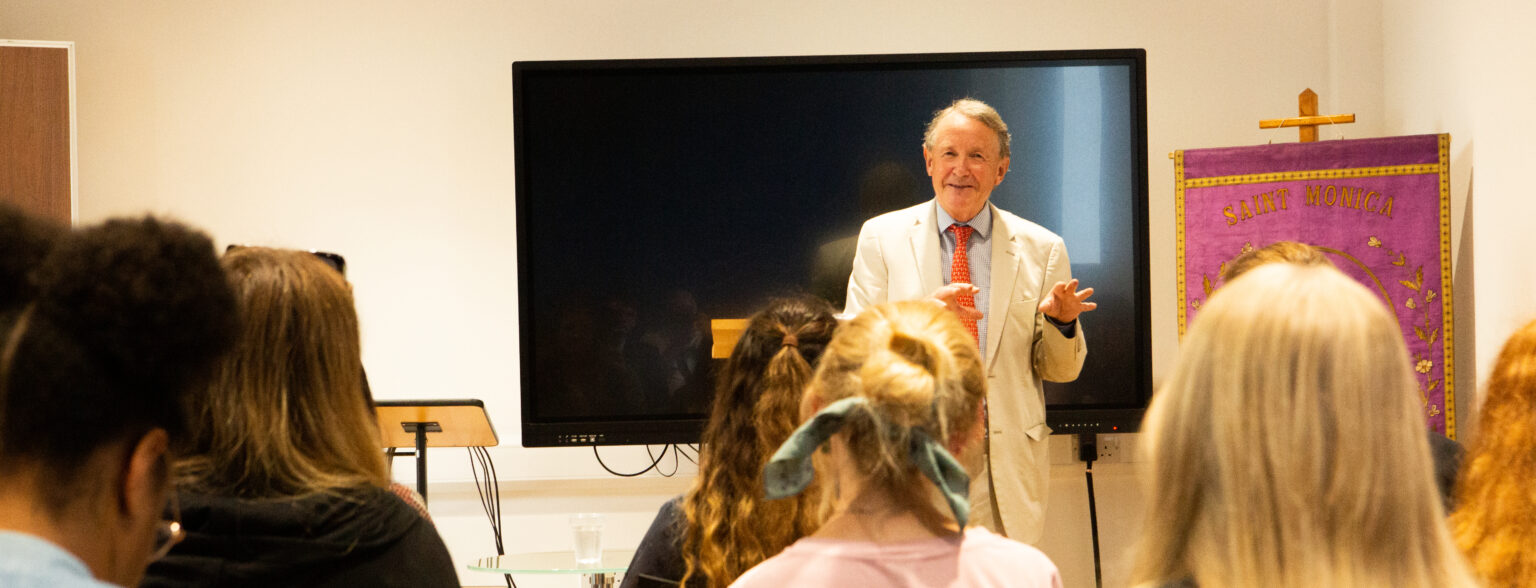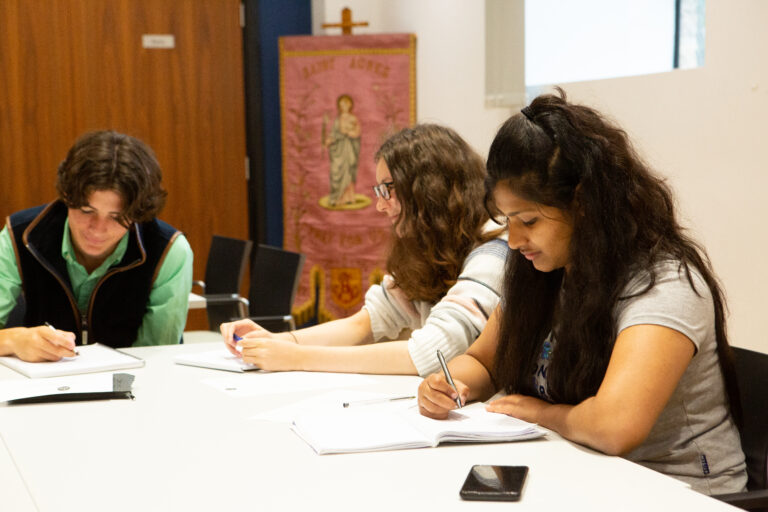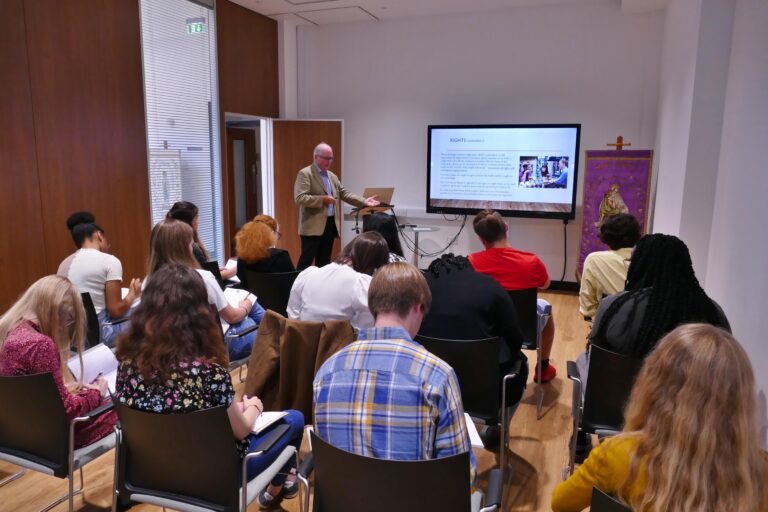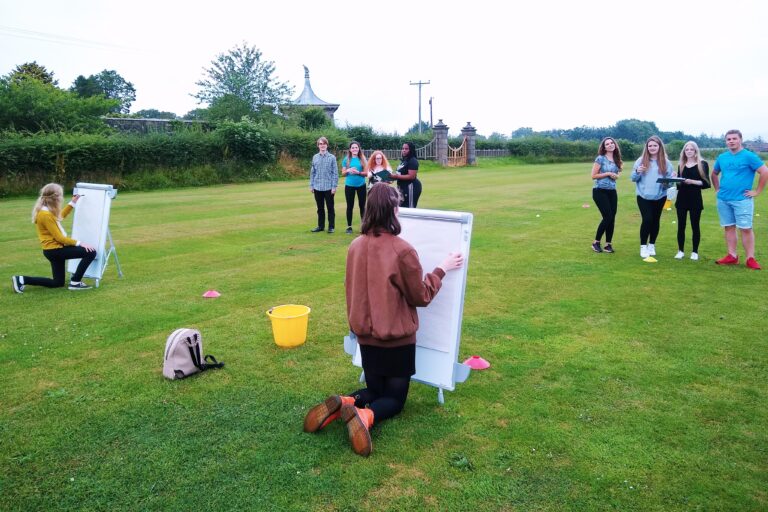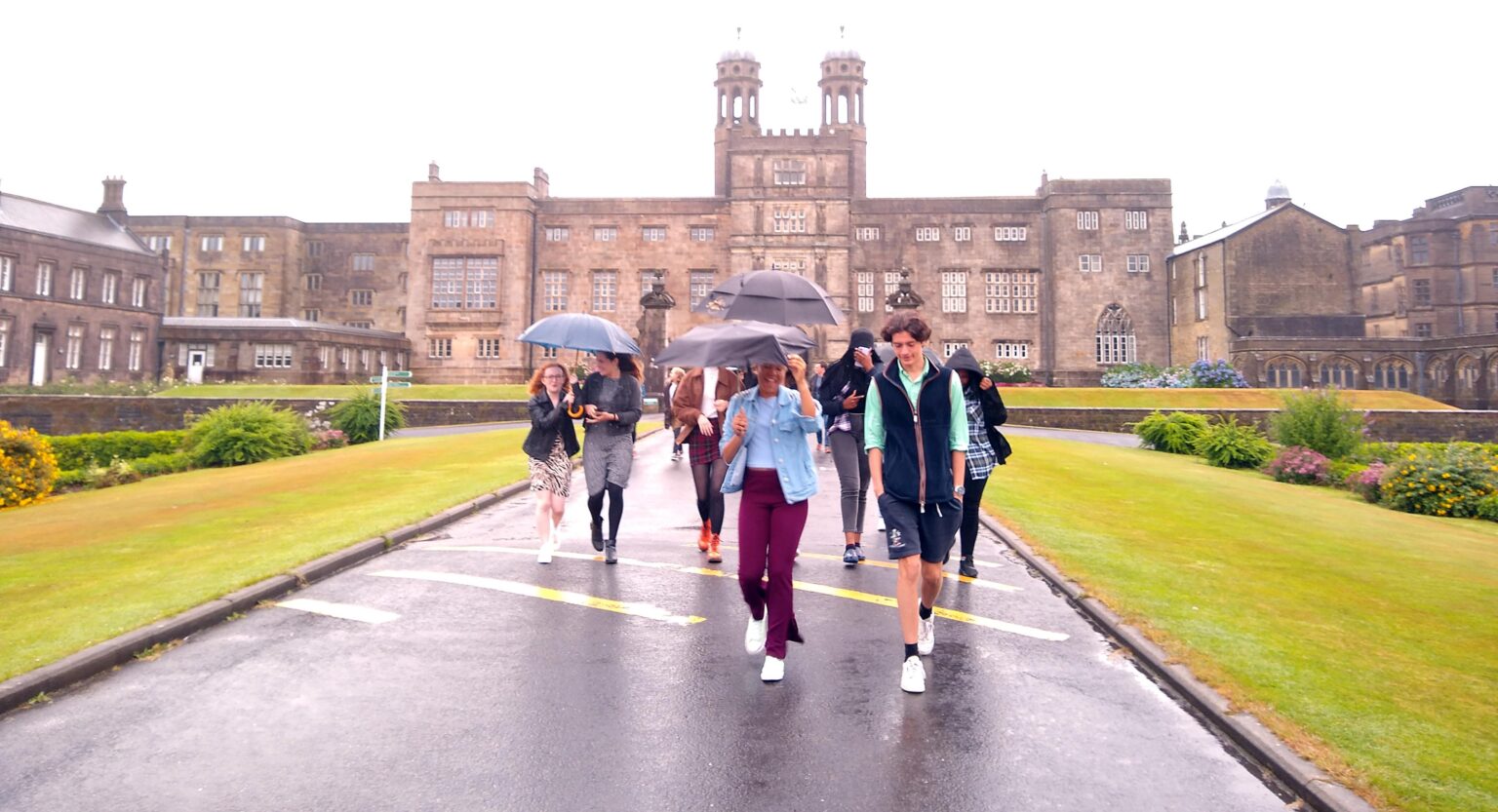25th April 2022
A successful end to the CLF programme
This time last year, the 14 students above were sending in application forms and canvassing references for a programme that was newly ‘on the market’, and for which there was little to go on other than its website.
The feedback that they have provided seems to firmly vindicate their decision to apply, since the one, recurring criticism they have consistently made of the programme was that the modules were too short! More time was needed to absorb and discuss the material – as well as to socialise!
The final module fittingly took place around the Palm Sunday weekend, and was kindly hosted by Westminster Diocese’s youth retreat centre in Pinner, north-west London (as was the second module). With the theme of this module being “Applied Political Leadership”, it was most appropriate to begin with a period of retreat over Palm Sunday itself, meditating on Christ as our only, true ‘leader’ and as the One to whom all Christians are called to lead others.
The retreat was the first time that most attendees had entered into any protracted period of silence (even if only 12 hours or thereabouts), but everyone found the fruits of the meditations, prayer and liturgy to be all the greater for it.
The sunny weather made for a beautiful experience of the centre’s outdoor Stations of the Cross, as well as the first part of the Palm Sunday liturgy, bringing to life the lovely and extensive gardens. Our particular thanks are due to Fr Dancho Azagra for his careful preparation of the retreat period.
Following some downtime on the Sunday evening, Monday saw a return to the all-too-familiar and intense pattern of prayer and study. We were delighted to have Prof. Philip Booth, Director of Catholic Mission at St Mary’s University, Twickenham, offer both some introductory input into Catholic Social Teaching as well as to pick up on the contemporary theme of challenges to the environment. His sessions, which framed this issue within the holistic and Christian perspective of the ‘human ecology’, and which tackled the question of corporate versus individual responsibilities, were greatly appreciated.
Keeping the theme of the common good firmly in sight, Dr John Snape, Associate Professor of Law at Warwick University, opened up that topic which, together with death, is the only certainty in life (cf. Benjamin Franklin): taxes. He masterfully introduced the students to both the philosophic and rationale behind taxation as well as the criteria that have been expounded over the centuries to measure the equity of the related policies.
The classroom input was rounded off by ADF UK’s Ryan Christopher, whose workshops challenged the students to actively consider the relationship between policy and culture, and offered some important principles for putting into practice their own moral and cultural leadership.
To conclude both the module and the whole programme, Tuesday morning saw the group head towards the City centre. The first stop was St George’s Cathedral, Southwark, where the group were welcomed for Mass by the Dean, Fr Francis Murphy. Armed with Pret-a-Manger sandwiches, Parliament Square was our next stop (for a picnic rather than a protest!), and from there we reported to Westminster Palace for our tour of the Houses of Commons and Lords. Having seen both chambers, we returned to Westminster Hall, the site of St Thomas More’s trial, to meet Ruth Kelly, a former Labour MP and Cabinet Minister. Conscious of the programme being under the patronage of More, Ruth spoke feelingly, yet with great encouragement, about her own difficulties in serving the government as a committed Christian and Catholic. The students had time to question her about her experiences and to seek her advice, before Ruth presented them with certificates attesting to the completion of the programme.
The farewells that followed outside were certainly not the last as the group have expressed enthusiastic support for an annual conference and reunion, as well as a more regular online forum with talks and discussion.
Once again, our gratitude goes to those who have supported the programme with their time and input or financially. The places on the course have in large part been funded by generous donors, thus enabling the participation of many of the students.
The 2022 programme is currently open for application. More information and application forms are available at https://christianheritagecentre.com/clf/

